
Carpentry is one of the oldest and most versatile trades in human history, playing a crucial role in construction, furniture making, and creative design. Developing skills in carpentry not only opens doors to various career opportunities but also enhances problem-solving abilities and creativity. This article explores key aspects of carpentry skills development and their significance.
Importance of Carpentry Skills
Carpentry skills are essential for constructing and repairing structures, crafting furniture, and creating custom designs. These skills are highly valued in construction industries, interior design, and even in DIY projects. Skilled carpenters can build lasting and aesthetically pleasing items, contributing to the overall quality and safety of structures.
Key Skills for Aspiring Carpenters
Measuring and Planning
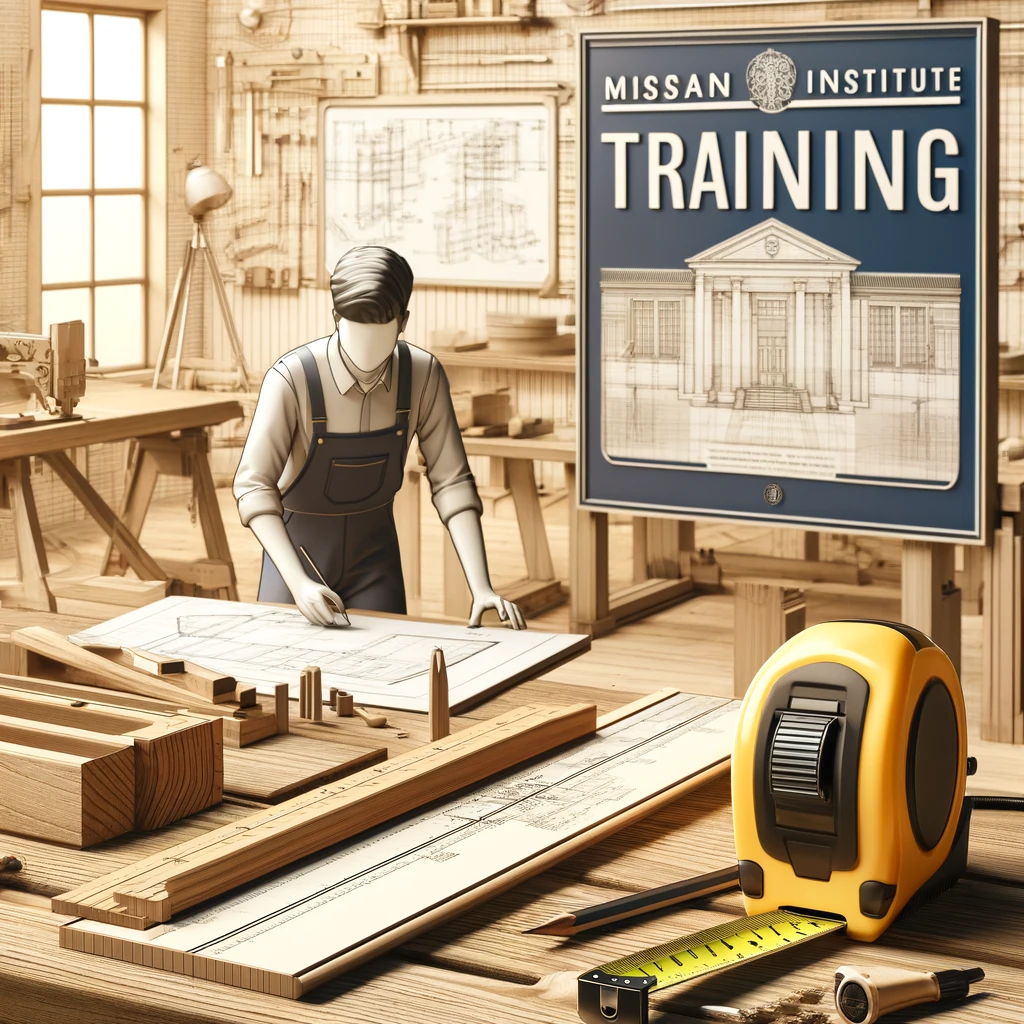
Accurate measurements and detailed planning ensure the success of any carpentry project.
Tool Mastery
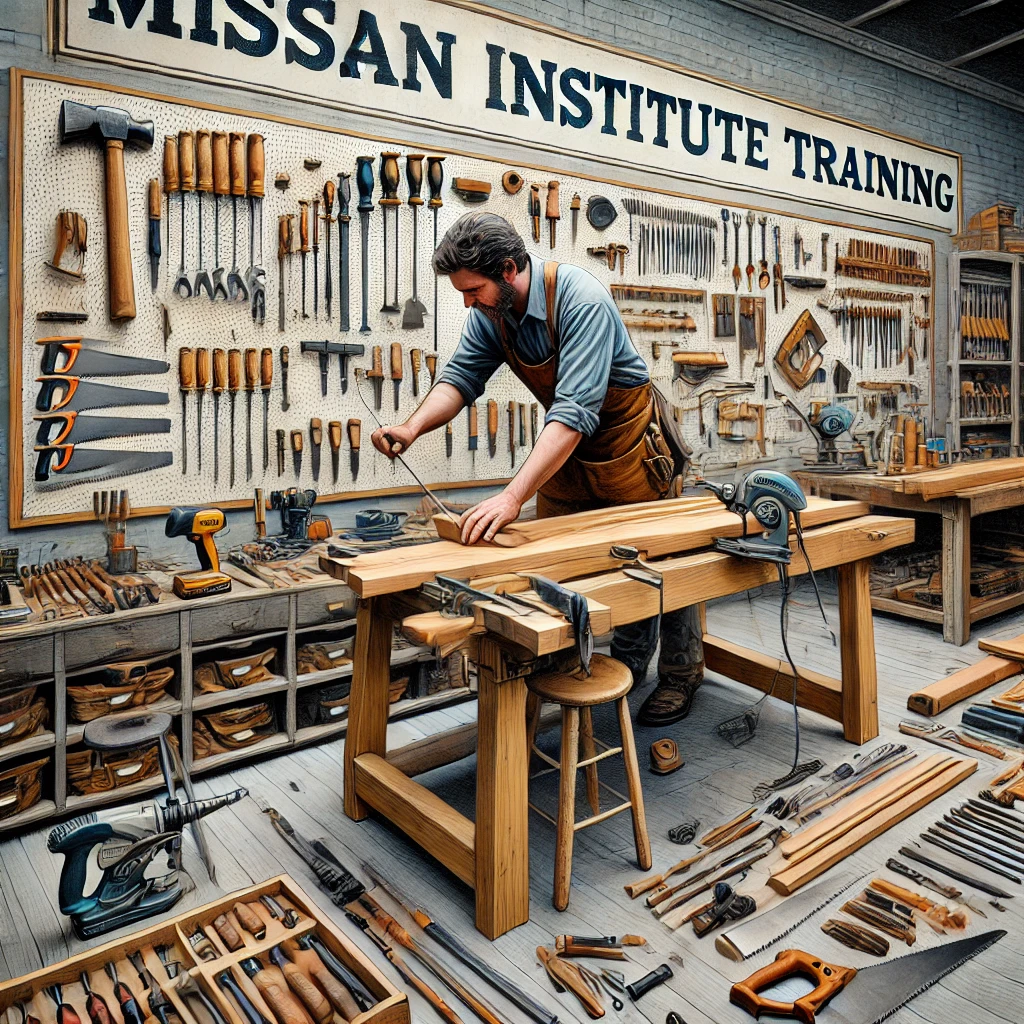
Proficiency in using tools like saws, hammers, chisels, and power tools is critical.
Material Knowledge
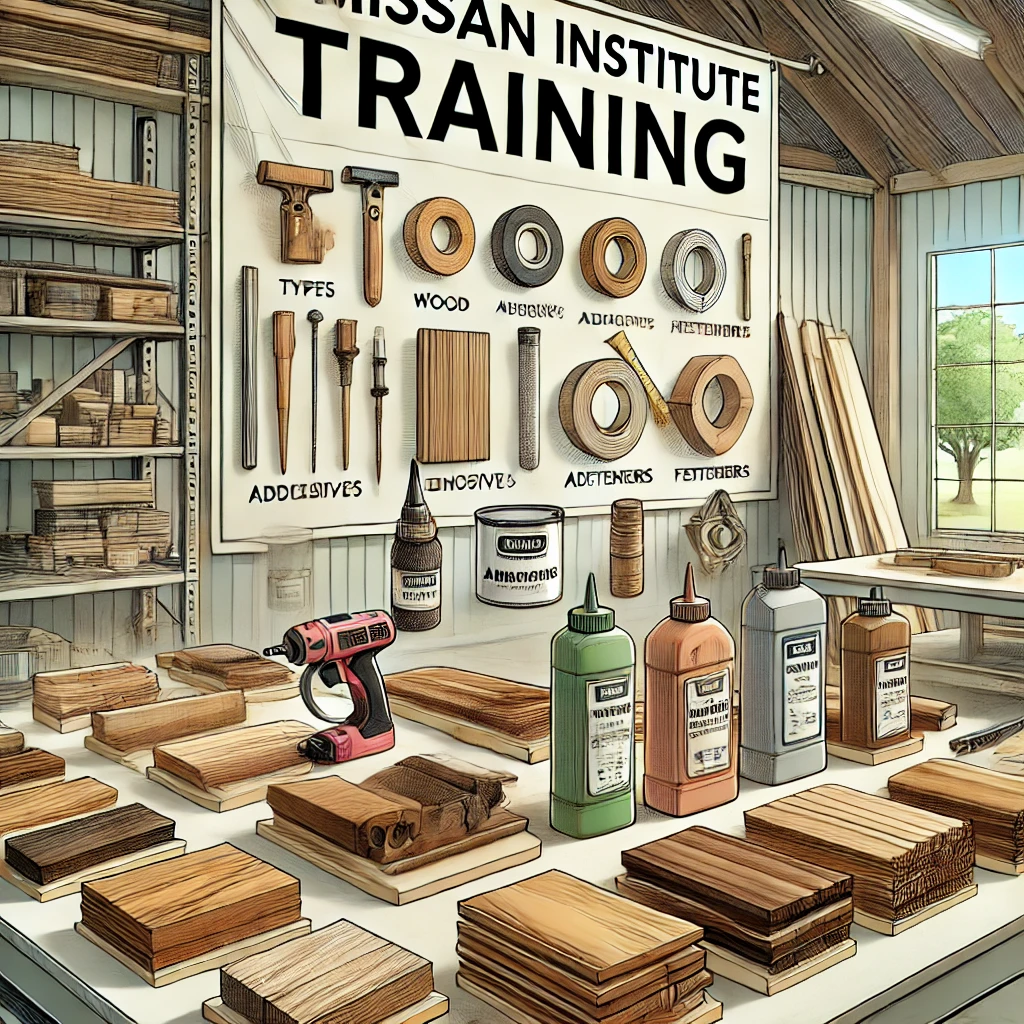
Understanding different types of wood, adhesives, and fasteners is essential for quality craftsmanship.
Joinery Techniques
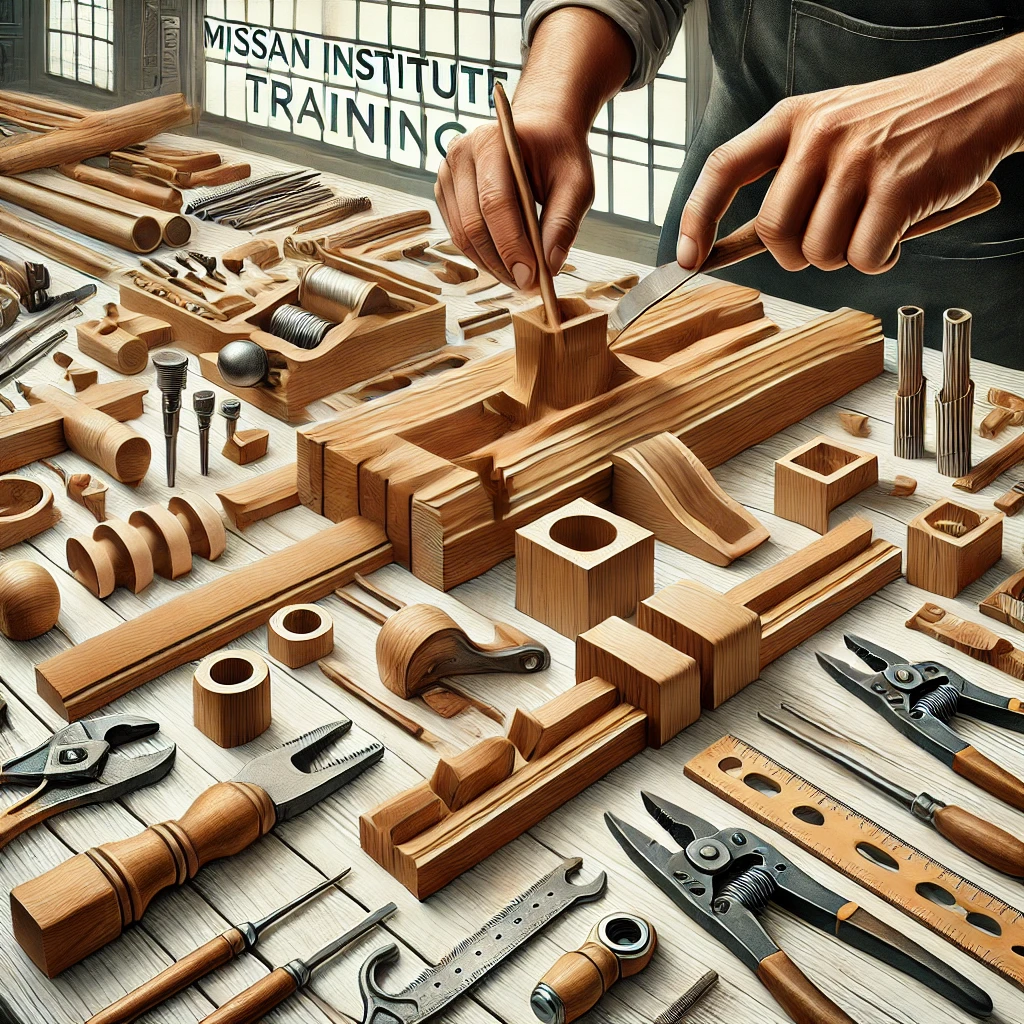
Skills like dovetailing, mortise and tenon, and biscuit joints help create strong, durable constructions.
Safety Practices
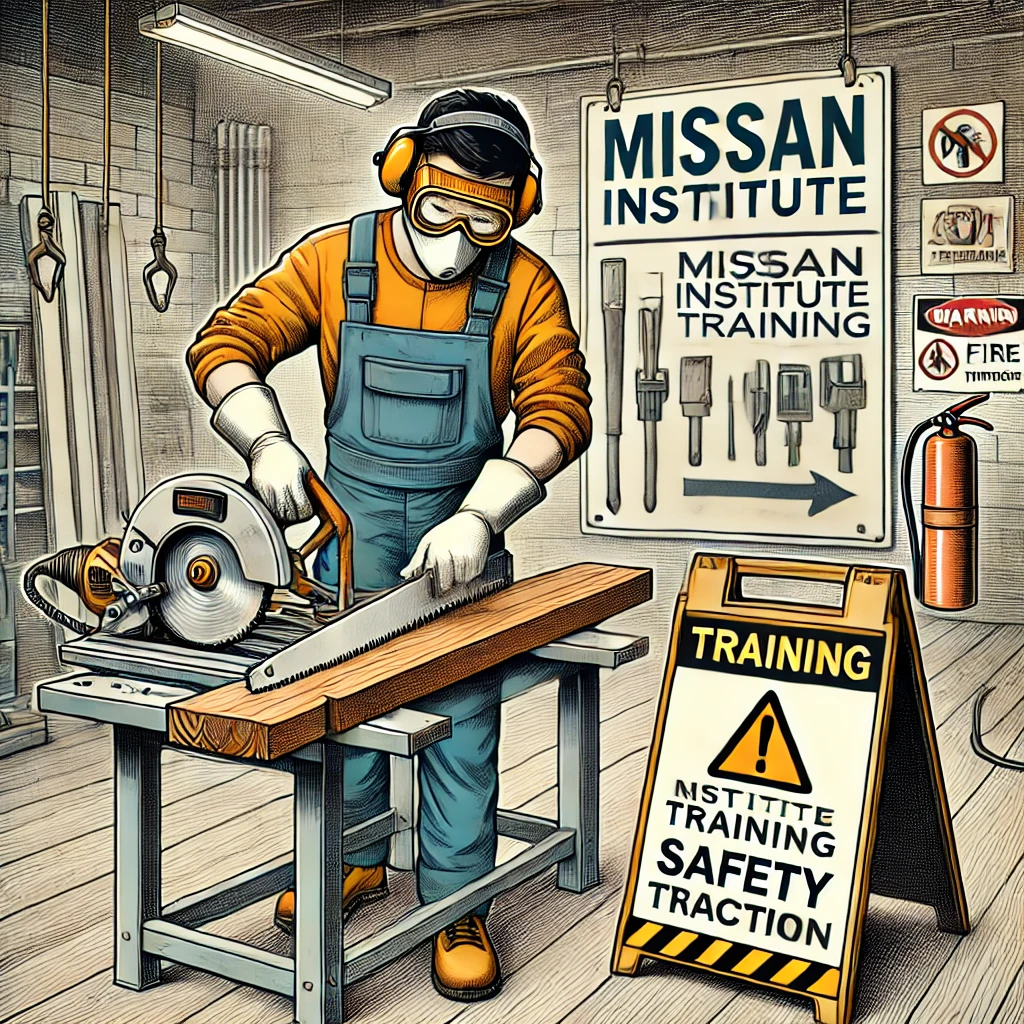
Adhering to safety guidelines minimizes accidents and ensures a safe working environment.
Problem-Solving
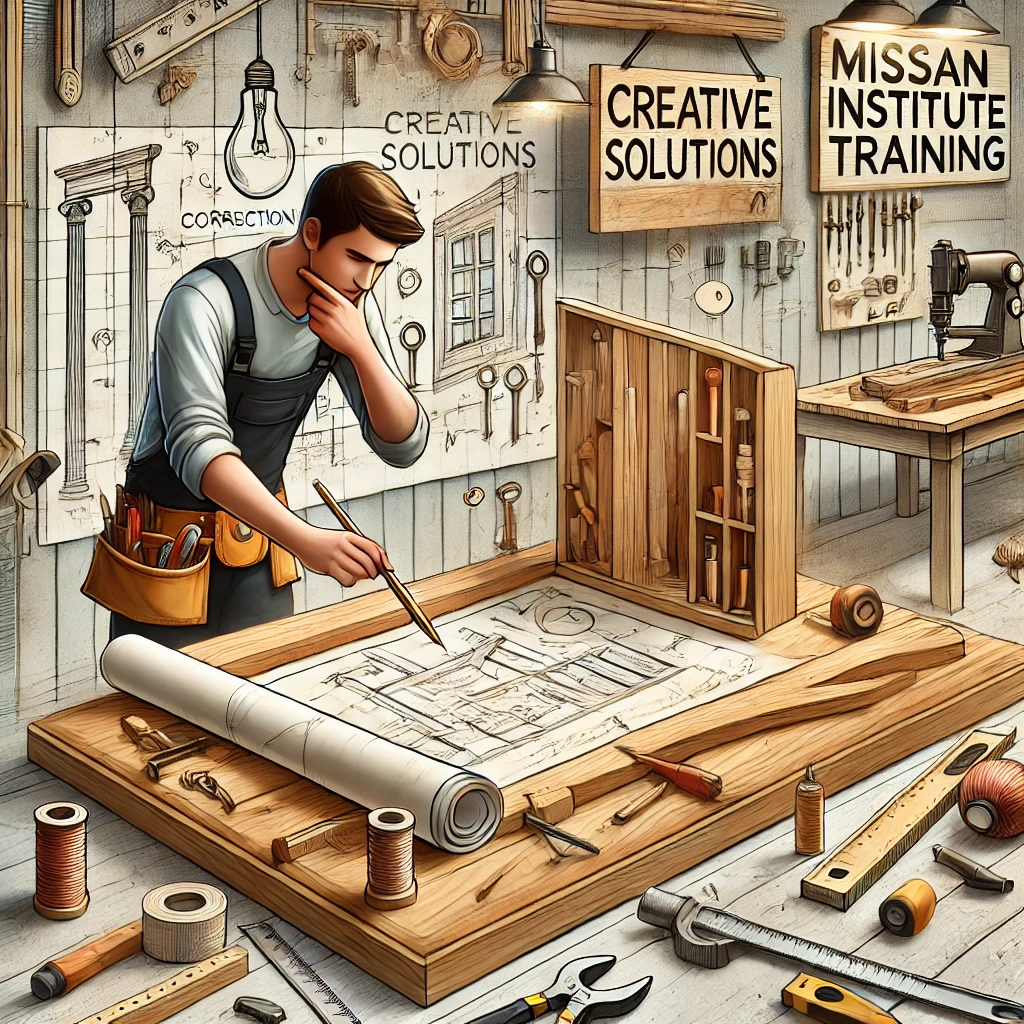
The ability to troubleshoot and adapt to challenges is vital in carpentry work.
Steps to Develop Carpentry Skills
Formal Education and Training
Enroll in vocational schools, community colleges, or apprenticeship programs.
Practice
Regular hands-on practice enhances skill proficiency and confidence.
Learning from Experts
Seek mentorship from experienced carpenters for valuable insights.
Stay Updated
Familiarize yourself with modern tools and techniques to stay competitive.
Build a Portfolio
Document your projects to showcase your skills to potential clients or employers.
Benefits of Carpentry Skills
- Career Opportunities: Carpenters are in demand across various sectors, including construction, restoration, and custom furniture making.
- Personal Satisfaction: The ability to create functional and artistic pieces brings immense satisfaction.
- Cost-Effectiveness: Skilled carpenters can save money by completing projects independently.
In conclusion, developing carpentry skills is a worthwhile investment, offering both professional and personal rewards. Whether as a career or a hobby, carpentry fosters creativity, craftsmanship, and problem-solving abilities, making it an invaluable trade.
